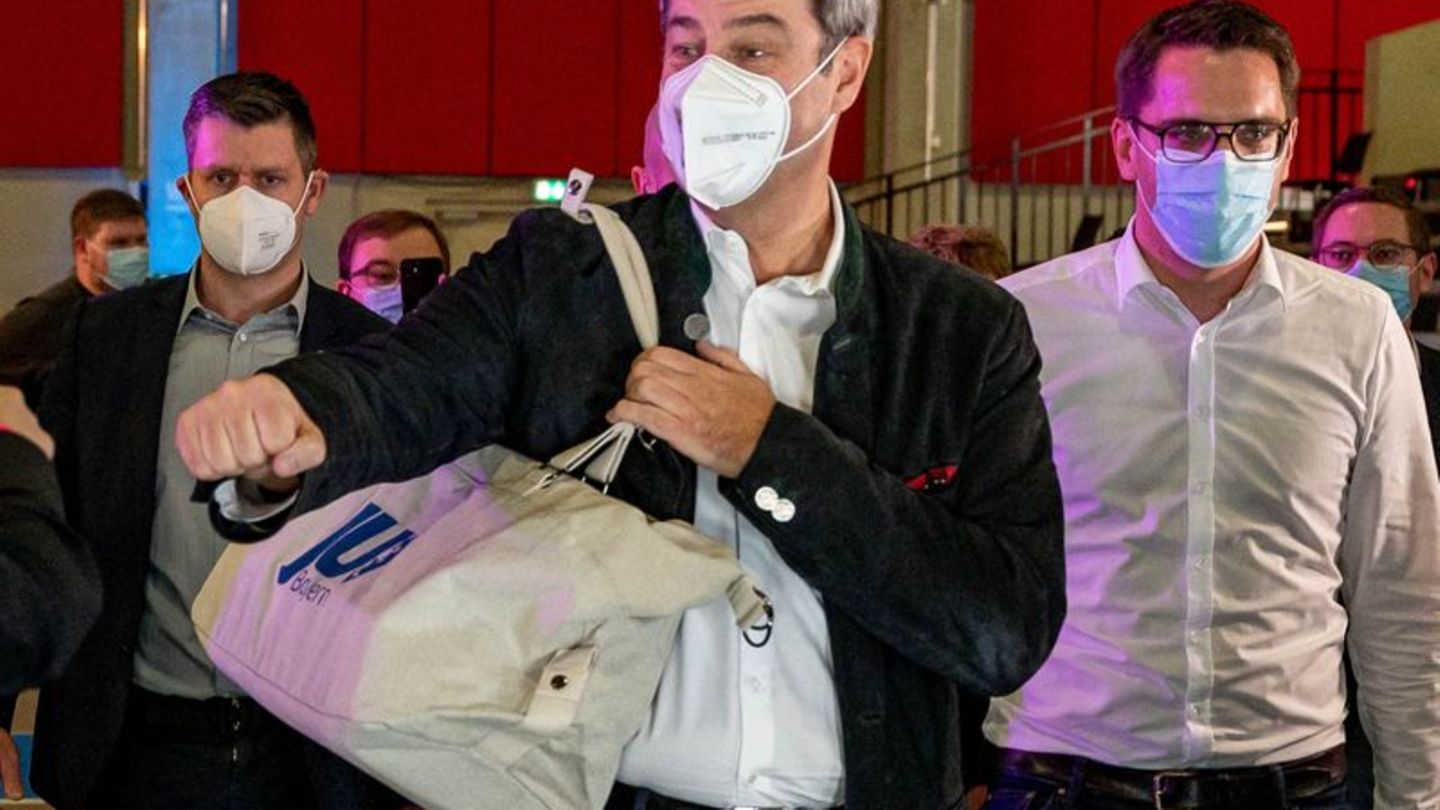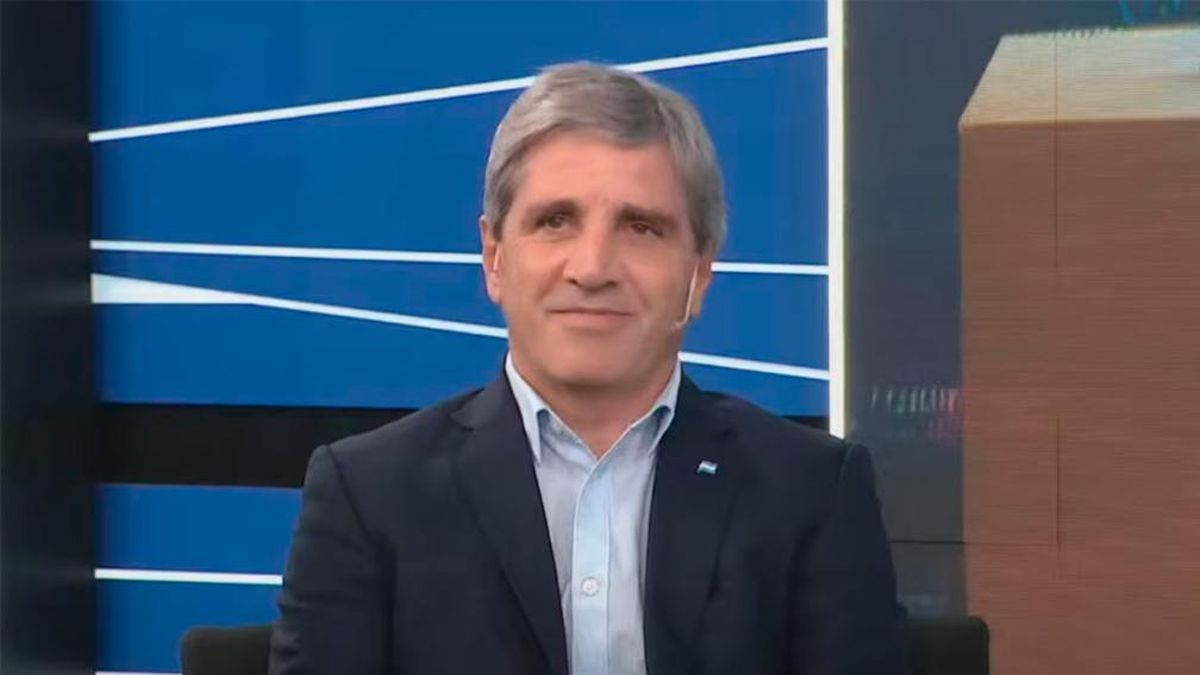In front of the Junge Union, CSU boss Söder vented his anger over the election defeat. But displeasure also germinates in the party’s offspring. The delegates delete Söder’s name from a statement.
The general election was two weeks ago – and the anger about the defeat is still smoldering in the Union. But CSU boss Markus Söder is also facing the first gentle headwind in his own party. At the national assembly of the Junge Union, the delegates voted with a large majority on Saturday to delete Söder’s name from a passage of the declaration that the JU regional executive had drafted to deal with the defeat in the federal elections. The reason for the symbolic vote were reservations that Söder had become the dominant figure in his party. Teamwork and not a one-man show is necessary, said delegate Stefan Meitinger, who brought in the motion to delete Söder’s name with applause.
A mini uprising against Markus Söder
“It is time (…) to form a powerful, fresh team behind our strong draft horse Markus Söder, which credibly covers the entire spectrum of a people’s party,” said the original draft of the JU board. In the approved version, the “draft horse Markus Söder” was missing. The meeting leadership had tried to put forward a compromise proposal, but was not heard. “No,” rang out the hall. The vote does not mean an uprising against Söder – just a request to the party leader to pay more attention to the community rather than to himself. Söder’s speech before the 300 or so JU delegates applauded.
Söder himself made no secret of how deep the sting of the electoral defeat is in his speech. He attributed the bad result of the Union in the Bundestag election to the unpopular Chancellor candidate Armin Laschet (CDU) and a weak campaign strategy. “It’s just like that: In the end, the Germans wanted a different candidate for chancellor than the one that the CDU and CSU have put up,” said Söder. “Just as it played a role that we weren’t quite sure from the start which strategy we were actually pursuing in terms of content.” CSU Vice Manfred Weber put it bluntly in the afternoon: “It was the deficit of our top candidate that was like a millstone around our necks during the election campaign.”
Söder criticized the fact that the “substantive accents of renewal” hoped for by the CSU were missing in the election campaign – another point that is mainly directed against the CDU election campaign management. As an example, Söder cited the demand for tax relief for the middle class, company founders and top performers. “Just pointing out that nothing will change is not motivation, not stimulation.”
Without naming the CDU by name, Söder called on the sister party not to ingratiate themselves with the FDP and the Greens in Berlin in order to remain in the government. “It is the turn of the traffic light,” said the CSU boss. “It is difficult to just sit in front of the door and wait for the traffic light to pull you in if you happen to be stuck in negotiations.”
Crash with “a” free voter in Munich
The domestic peace in the state government is also permanently disturbed. After the election disputes with the Free Voters, the Prime Minister wants to discipline their party leader Hubert Aiwanger in the cabinet. In addition, the CSU Aiwanger does not want to leave rural areas for political profiling. Söder once again criticized the role of his economics minister in the election campaign: “What was annoying, however, is the behavior of the free voters, and in particular of the one free voter.”
Söder called on the Free Voters not to play an internal opposition in the state government: “We cannot accept governing and opposing in one go in the long run.” Söder wants to personally watch over Aiwanger’s coalition discipline: “I expect and will pay very close attention to it personally: (…) You have to decide whether you want to govern or not.”
Aiwanger had annoyed the CSU several times during the election campaign, not only with vaccination skepticism and criticism of the Corona policy. Aiwanger had questioned the sense of environmental and animal welfare regulations in agricultural policy. Even irrespective of content-related conflicts, Söder does not want to give Aiwanger an opportunity in rural areas to expand his political base at the expense of the CSU: “We do not leave rural areas to the free voters,” said Söder. “We are the point of contact for rural areas, we are the ones who help agriculture.”
David William is a talented author who has made a name for himself in the world of writing. He is a professional author who writes on a wide range of topics, from general interest to opinion news. David is currently working as a writer at 24 hours worlds where he brings his unique perspective and in-depth research to his articles, making them both informative and engaging.




